A new sunny day came to those crowds that infested the corridors of Verozys markets. There, each customer and trader devoted their time to dealing with offers, demands, varieties, rumors, and bargains that the people's mouth put on the shelf, flooding every will there with the need to operate another business day to explore.
Many farmers found the most interesting opportunity to sell their goods in the morning or at the end of dawn, considering that the movement of people in these periods was not as intense as at dusk. Of course, the mysteries of the night did not even need to be commented on.
In that hot, low-humidity dawn, where some stores had not even opened their curtains yet, Druko surveyed the necessary preparations so that the network of his trades could carry out their respective financial activities, being in checking the quality of some of those goods, or in a small ocular investigation on the state of conservation of its commercial lots.
He often never uncrossed his arms in this effort to examine and control the business of his respective tenants, even though he did not have to appear every day to check the progress of local finances, as he had until then. He believed that his name was registered there and that everything that came from his sector would be, in some way, inclined to refer to his reputation, even if his fame could remain somewhat dirty in some aspects.
If he did not approve all the elements that made up the goods, their stalls, and the aspects of the tenants themselves, he refused to permit the store to open its offers. In the contracts he produced, Druko insisted on leave clauses that provide the need for authorization.
Druko was an entrepreneur by nature, and all his knowledge accumulated during his youth was directed to business operations.
His father had given him agricultural lands at an early age, in order for him to learn the value of the fruits that his efforts could generate. Even as a teenager, he noticed that his plantations were much more cared for than those of his neighbors because he was always there to mold his seeds as he liked. He acquired the peculiar habit of gathering books and parchments about plants, trees, fruits, and grains - although very few verozeans were attracted to literature -, which only strengthened his knowledge of methodologies, curiosities, and times of cultivation.
In this regard, he recognized that his product became much better than others, and finally decided to build his small empire on a science ignored by others: the use of scientific knowledge in favor of greater profits.
Today, his sector was in great demand for the quality of the food, herbs, yeast, and distilled beverages that his tenants provided, even because he insisted that they needed to buy his own field production, which was agreed upon contract.
Druko finalized the preparations for his division, which led him to ascertain the movement of people who made up the tide of the clientele that would dictate the profits of his market investment. Certainly, the number of citizens did report a percentage that was as standard as usual, but he could see a small reduction in the amount of the masses. He could not see much about this, however, he mentally wrote down every attribute that could be useful to his studies about Verozys' economy.
Although he did not belong directly to the city government, Druko was very interested in the financial health of his community, which ended up reflecting his concern about the social system deficiency.
He analyzed who the people present by the crowds of customers were, cataloging the types of fabrics they used, the appearance of their skins, the way they carried themselves, and what kind of stores they were going to. They seemed to be more inclined to buy cotton fabrics, to look for less elaborate ones, or to aim to make their first purchases in stalls selling bread and wheat.
A vein of unease ran through his severe countenance: the average of poorer customers was increasing.

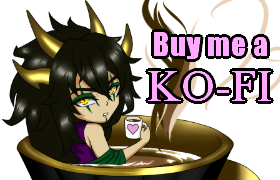
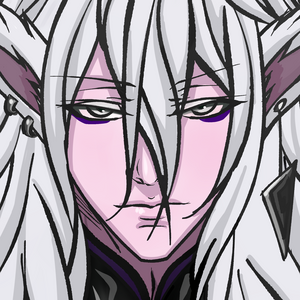
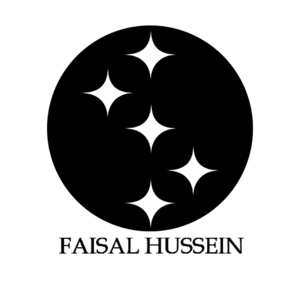







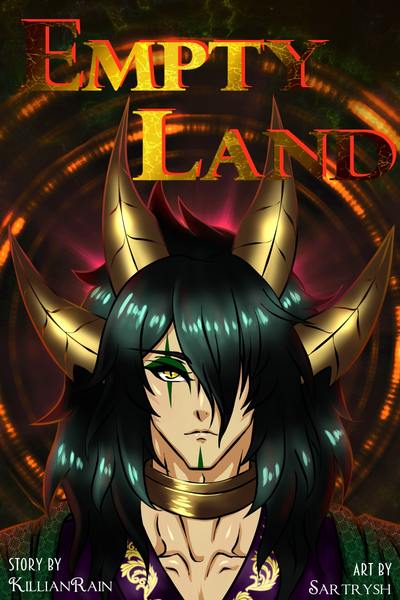
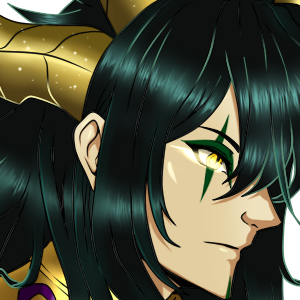
Comments (5)
See all